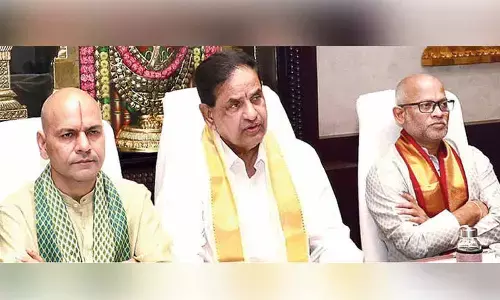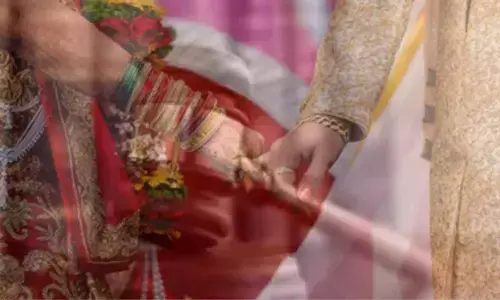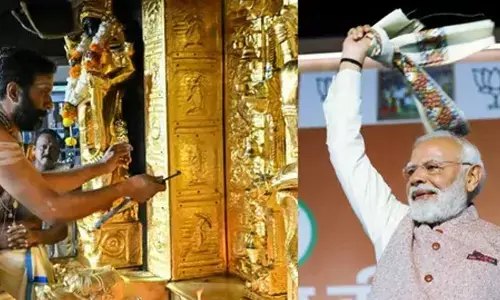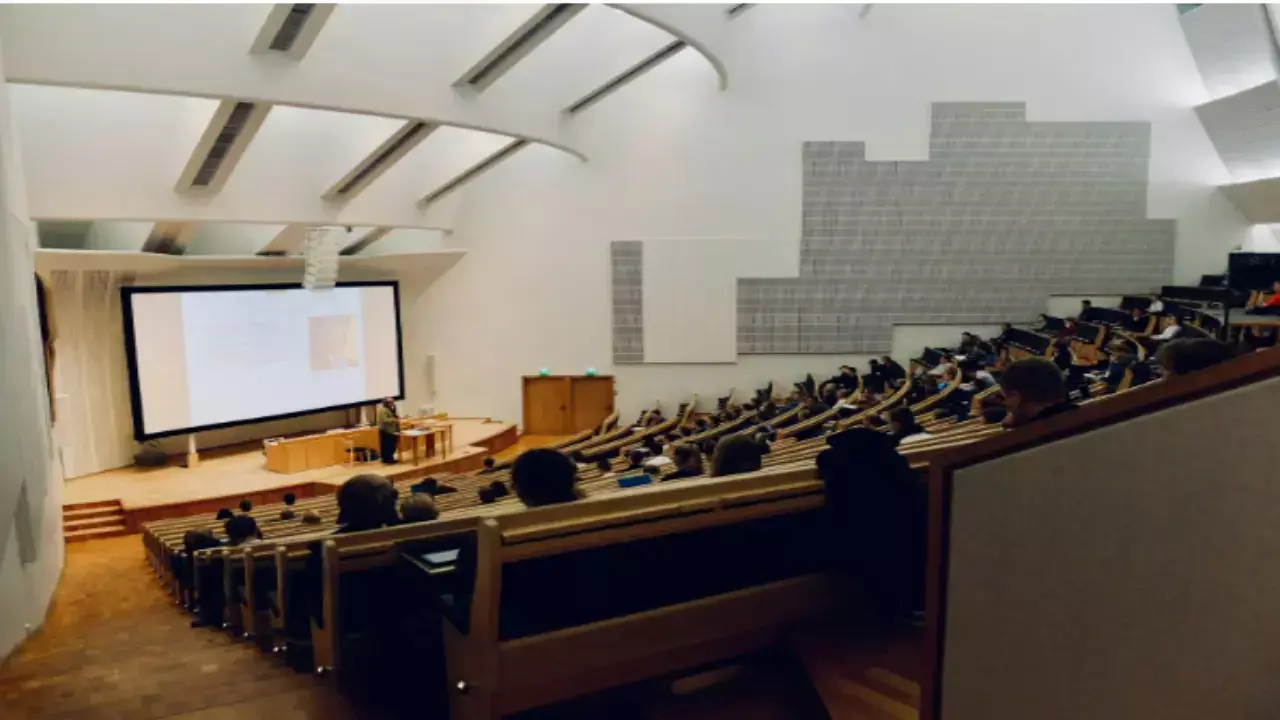Is Board of Intermediate Education more bureaucratic than academic?
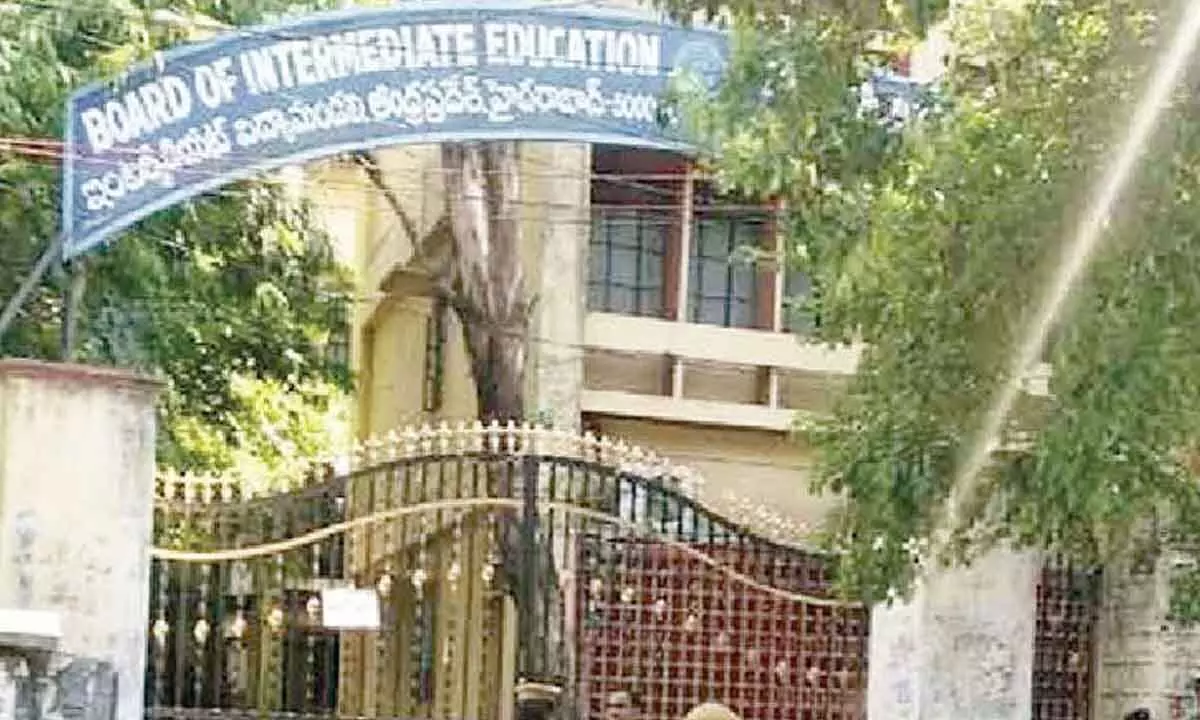
- The 48th meeting of the board has decided that of 302 days in the academic year 2024-25, 75 fall under vacation and holidays and pegged 227 probable holidays. However, the meeting decided that junior colleges should work for 220 days
- The TSBIE, headed by the CM as the chairman, has routinely notified the annual academic calendar for years as part of the bureaucratic ritual of giving details about the number of working days, holidays, vacations and the days allocated for conducting examinations
Hyderabad: Does the Telangana State Board of Intermediate Education (TSBIE) turn and run its show more bureaucratic and less academic?
According to TSBIE, the 48th meeting of the board has decided that of 302 days in the academic year 2024-25, 75 fall under vacation and holidays and pegged 227 probable holidays. However, the meeting decided that junior colleges should work for 220 days.
Incidentally, the TSBIE, headed by the CM as the chairman, has routinely notified the annual academic calendar for years as part of the bureaucratic ritual of giving details about the number of working days, holidays, vacations and the days allocated for conducting examinations. But, for years, the board has neither brought in any substantial change nor shown an inclination to focus on thrust areas in which it wants to introduce new courses given the fast-changing course matrix at the undergraduate levels across the country and globe.
Speaking to The Hans India, the principal of a missionary-run junior colleges in Secundrabad pointed out, "Earlier, the board used to conduct an interactive session with the college principals on issues of introduction of new courses, besides, upgrading syllabus and the like." However, this did not take place in the last two academic years," he added.
When asked, sources in TSBIE said, "the board has already introduced new courses both in a general stream as well as in vocational streams." However, the board reportedly follows the conventional modes of running courses restricting admissions to limited group offerings. For example, the combination of subjects falls within the areas classified into physical and life sciences, commerce, humanities and social sciences. The add-on is only for computers and vocational streams falling under the science and technology areas.
The conventional modes of academics run by TSBIE have been turning students into caged birds strictly confined to compartmentalised groups and subject areas. Contrary to this, the Central boards offering Class X to XII have now brought the New Education Policy-2020 breaking the conservative modes of running courses. Students of these boards can pick up study areas cutting across the subject domains like science, humanities and arts, technology, and social sciences giving them an end to cope with the increasing inter-disciplinary and multi-disciplinary academic landscape from the under-graduate levels.
Clarifying this, a senior TSBIE official said, "Rolling out NEP-2020 is a policy decision that has to be taken by the State government and not by the board. A decision on the issue is pending with the State government."








